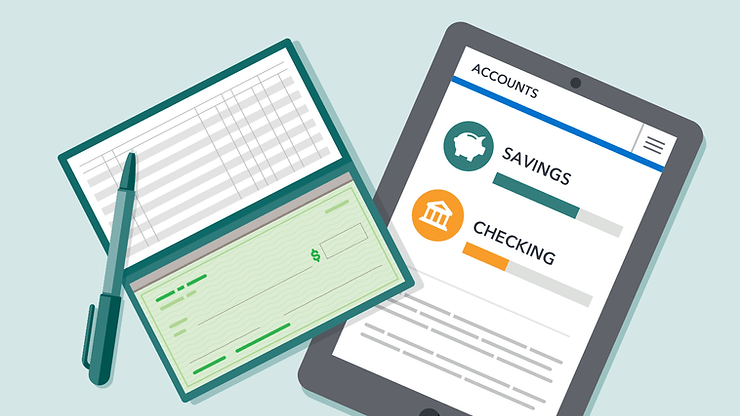Small Business Bank Accounts.
Starting a small business is an exciting venture, but it also comes with a multitude of financial considerations. One of the biggest decisions you will face as a small business owner is finding out how many bank accounts your business should have. This decision can greatly impact your financial management, organization, and overall success. In this article, we’ll explore the factors to consider when deciding on the right number of bank accounts for your small business.
1. Operating Account:
Every small business should have an operating account, also known as a business checking account. This account is the heart of your financial operations, where you’ll receive income, pay bills, and manage day-to-day expenses.
It’s important to have a separate bank account for your business finances. This helps you keep your personal and business money separate, making it easier to manage your finances and keep track of your expenses. Having a dedicated business account also ensures transparency in your financial records, which is important for accurate bookkeeping.
2. Business Savings Account:
In addition to your operating account, consider opening a business savings account. A business savings account lets you save money for future expenses like taxes, unexpected costs, or business growth. You may need to maintain a minimum balance, but the account pays interest on your balance over time.
3. Separate Accounts for Personal and Business Finances:
To maintain clarity and avoid confusion, it’s recommended to keep your personal and business finances separate. This means having separate bank accounts for each entity. This separation not only simplifies accounting and tax reporting but also protects your assets in case your business faces financial challenges.
4. Open Multiple Accounts for Specific Purposes:
Depending on the complexity of your business, you might consider opening multiple business bank accounts for specific purposes. For instance, if you frequently deal with international transactions, having a separate account for foreign currency dealings can streamline your record-keeping.
5. Consider Balance Requirements and Fees:
When deciding on the number of accounts, be mindful of balance requirements and potential fees. Some accounts might require a minimum balance to avoid charges. Evaluate your cash flow to ensure you can comfortably maintain the required balances without hindering your business’s operations.
6. High-Interest Savings Account:
Apart from your regular business savings account, inquire about the availability of a high-interest savings account. This account can help your surplus funds grow faster through better interest rates, contributing positively to your overall cash flow.
7. Protecting Your Business:
Diversification can also play a role in deciding the number of accounts. If your account gets hacked, it can be helpful to have your money in different accounts. This strategy reduces the risk of losing access to all your funds in case of a security breach.
8. Efficient Cash Flow Management:
Multiple business bank accounts can aid in managing your business’s cash flow effectively. For instance, you could allocate one account solely for paying bills and another for receiving client payments. This separation prevents any accidental mixing of funds and provides a clear overview of your financial inflows and outflows.
9. Tailored Account Features:
Different banks offer various types of accounts, each with its own set of features. Research the options available and choose the accounts that align with your business needs. Some accounts might offer tools like expense tracking, integration with accounting software, or specialized support for businesses in specific industries.
In Conclusion:
So, how many bank accounts should a small business have? While there’s no one-size-fits-all answer, the general rule is to start with an operating account and a business savings account. Depending on your business’s complexity and financial needs, you can decide whether to open multiple accounts for specific purposes. Remember, the goal is to streamline financial management, protect your assets, and ensure your business’s smooth operation.
Carefully evaluate your business’s requirements, consider balance requirements and fees, and explore the account features that can enhance your financial management. By making informed decisions about the number and types of bank accounts for your small business, you’ll set a strong foundation for financial success and growth.




